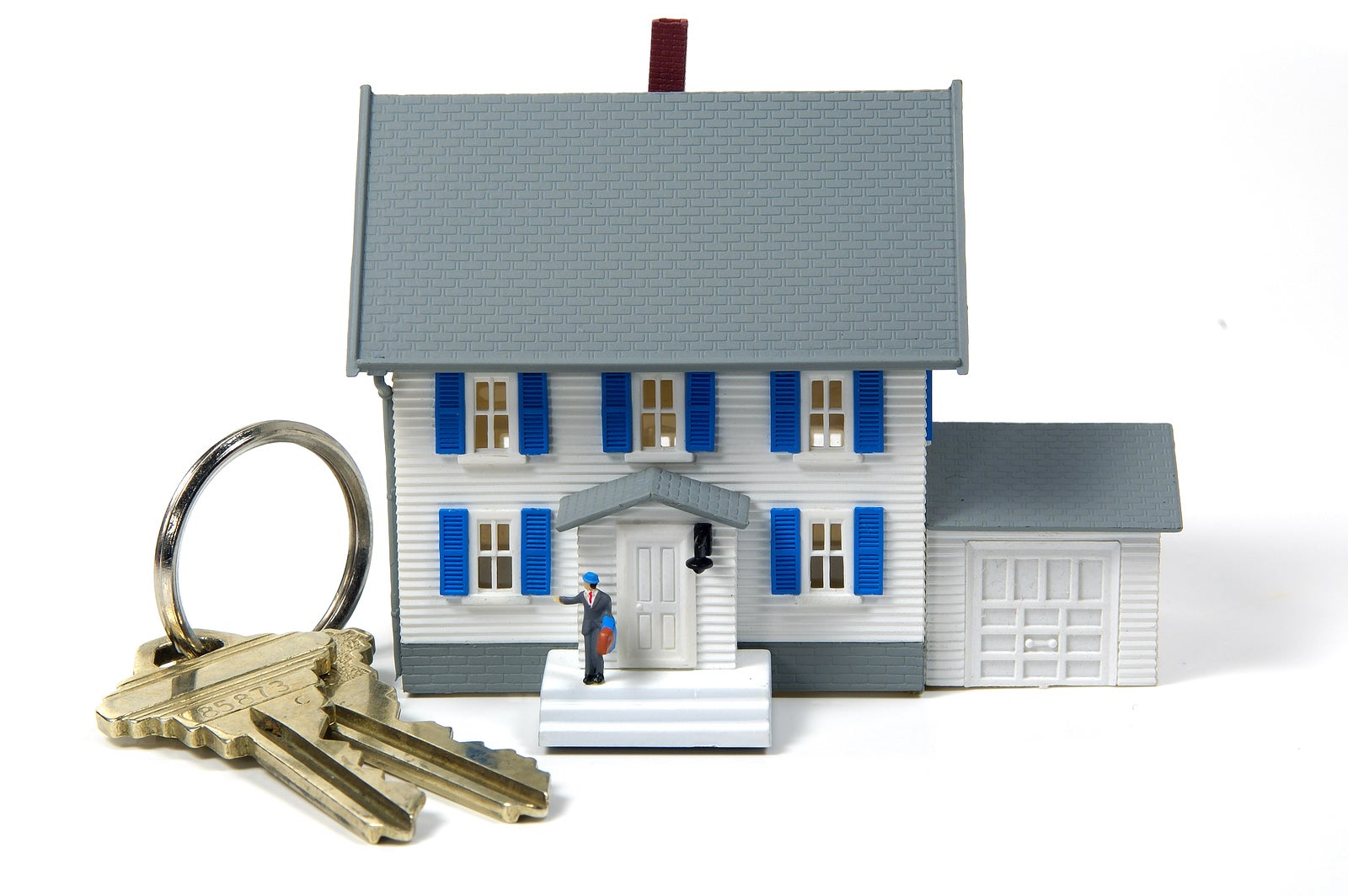
The current Coronavirus crisis has influenced a number of significant changes in almost all aspects of life.
The property industry has been particularly hard-hit by the restrictions that are now in place, as mortgage lending has been curtailed and many new developments have been slowed, due to social distancing and the difficulties of transporting goods.
However, as the lockdown is safely and gradually lifted and the property industry slowly begins to take off once again, what new trends are likely to be born out of these events? Why might these changes take place – and how can real estate professionals best harness them?
Conducting Business
As professionals within all industries return to work, it is highly likely that they will be required to observe certain approaches regarding their personal protection.
Depending on the industry, protective equipment may need to be worn and social distancing will be observed. This is likely to impact the way in which real estate offices and construction sites are run.
To make matters easier, any employees that are capable of working from home are likely to be required to do so. For this reason, face-to-face meetings between property buyers or sellers and their estate agents may be more commonly conducted via video call.
It is possible that online auctions and quick-sale companies such as Property Solvers will grow in popularity too, as these are means by which individuals can sell or acquire property extremely quickly (sometimes within a week) with little to no in-person interaction.
Client Preferences
Domestic
There may also be changes when it comes to the type of property that is preferred post COVID-19. The more popular domestic properties – particularly flats and HMOs – are likely to be the ones in which social distancing is easier to achieve.
Private or semi-private outdoor spaces like balconies or courtyards may also be preferred, as may home office or studio spaces as more people are likely to prefer to work from home.
A slight rise in the popularity of suburban or rural locations is possible too, as members of the public might begin to seek an escape from dangerous urban overcrowding.
Commercial
It is probable that these leanings will also be reflected in the use of commercial property. Flexible offices – which were already increasing in popularity before the pandemic began – are likely to become still more desirable in the aftermath.
This is because the ability to stagger working hours or have numerous staff members working remotely will reduce the amount of face-to-face contact within a professional environment.
Improved, incorporated conferencing facilities will also be in-demand across industries to ensure that remote working can be made just as straightforward as working from an office.
As attitudes towards public transport change, requirements for more parking spaces – as well as bicycle racks and other facilities that may support walking, cycling or driving to work instead of taking the bus or train – may see greater demand.
Education
As with commercial real estate, educational facilities such as school, college and university buildings may require facilities that allow for easier social distancing. Where possible, this may also include inbuilt conferencing resources and other means of remote learning.
Property investors who are planning on developing student accommodation will need to take into account the safety and hygiene of these facilities – and should also be aware of the possibility of lower uptake in the near future.
Many students may choose to remain in their family home instead of staying in university accommodation – and, due to travel restrictions, it may be necessary for international students to remain in their native countries and study remotely.
Leisure, hospitality and holidays
The preferences of the general public are likely to influence change when it comes to leisure and hospitality facilities – and will have a significant impact on holiday lets.
Domestic holiday accommodation may be the most popular option moving forward – at least in the short term – as overseas travel may be significantly restricted.
Carefully managed properties such as flats, apartments or cabins may be preferred over hotels and other more communal locations, as isolation and good hygiene is easier to achieve in these facilities.
Whether directly or indirectly, all of the above matters are likely to have an impact on the real estate market post COVID-19.
From buy-to-let investors to commercial developers, the actions and preferences of those who purchase property – along with their clients – will drive major changes within the industry.
If leading property experts and companies are able to adapt to these changes and keep up with the latest demands, the property market may gradually find itself back on track once more.
Furthermore, if they adhere to regulations and take sensible precautions when developing or investing in new property, the major players in the field may be able to make homes, workplaces and public facilities safer places by protecting communities from further infection.
1973 Views












